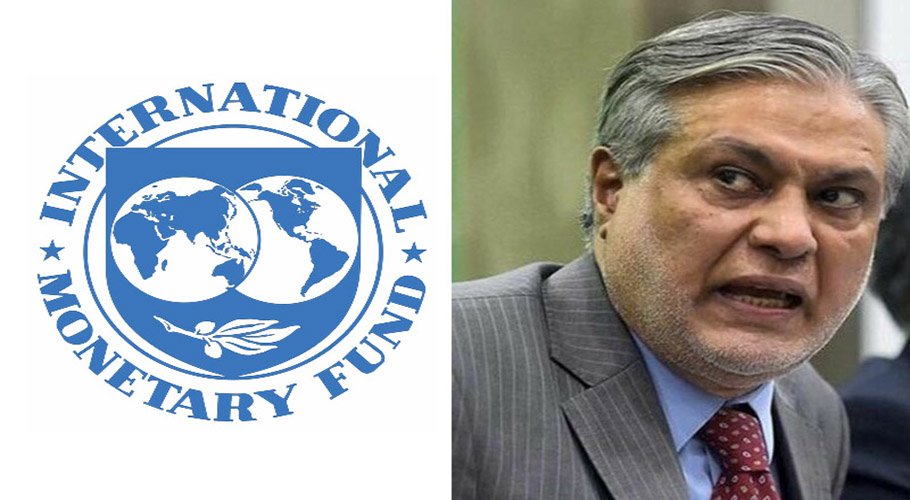There are various risks associated with IMF $3 billion programme implementation. The report revealed that “downside risks to the baseline and programme implementation are exceptionally high”.
Amplified by the tense political environment, policy slippages could undermine programme implementation, in turn, jeopardising macro-financial and external stability and already stretched debt sustainability, it added.
Moreover, the IMF said, “External financing risks are exceptionally high and delays in the disbursement of planned external financing from international financial institutions and bilateral creditors pose major risks to a very fragile external balance given the extremely limited buffers.”
The IMF assessed Pakistan’s external financing requirements at $28.3 billion for the current fiscal year.
The IMF said, “Pakistan’s capacity to repay the Fund is subject to significant risks and would critically depend on policy implementation and timely external financing.
“The IMF underlined that “social discontent (in Pakistan) has risen over the deteriorating economic conditions and eroded living standards, and political tensions escalated significantly in May, with political and institutional fissures coming to the fore.”
It added that the financial pressures ahead had become formidable. “Gross financing needs are very large, mostly due to large debt service payments, while external market financing has dried up.
“Confidence is weak, and credit rating agencies have downgraded Pakistan to just above default rating. Multilateral and official bilateral support has been critical to enable Pakistan to meet its debt obligations,” according to the IMF.
The IMF said that risks to debt sustainability “have become more acute, given the scarcity of external financing and the large gross financing needs that persist over the coming years, further narrowing the path to sustainability”.
“Any further downward revisions to the baseline could push debt towards unsustainability,” it added. The IMF said that Pakistan’s economic challenges were complex and multifaceted, and risks were exceptionally high.
Addressing them required steadfast implementation of agreed policies, as well as continued financial support from external partners. Consistent and decisive implementation of programme agreements will be essential to reduce risks and maintain macroeconomic stability.
It said that the economy took a tumble in FY23 amid worsening domestic and external conditions, stringent import payment restrictions, and the impact of the floods. Risks associated with IMF $3 billion programme implementation.
Provisional estimates for FY23 released by the Pakistan Bureau of Statistics (PBS) in May put real GDP growth at 0.3%, however data outturned in recent months disappointed and staff assessed that real GDP could decline by 0.5 per cent in the last fiscal year, it added.
Also read: 5 Islamic ways to improve Pakistan’s economy
